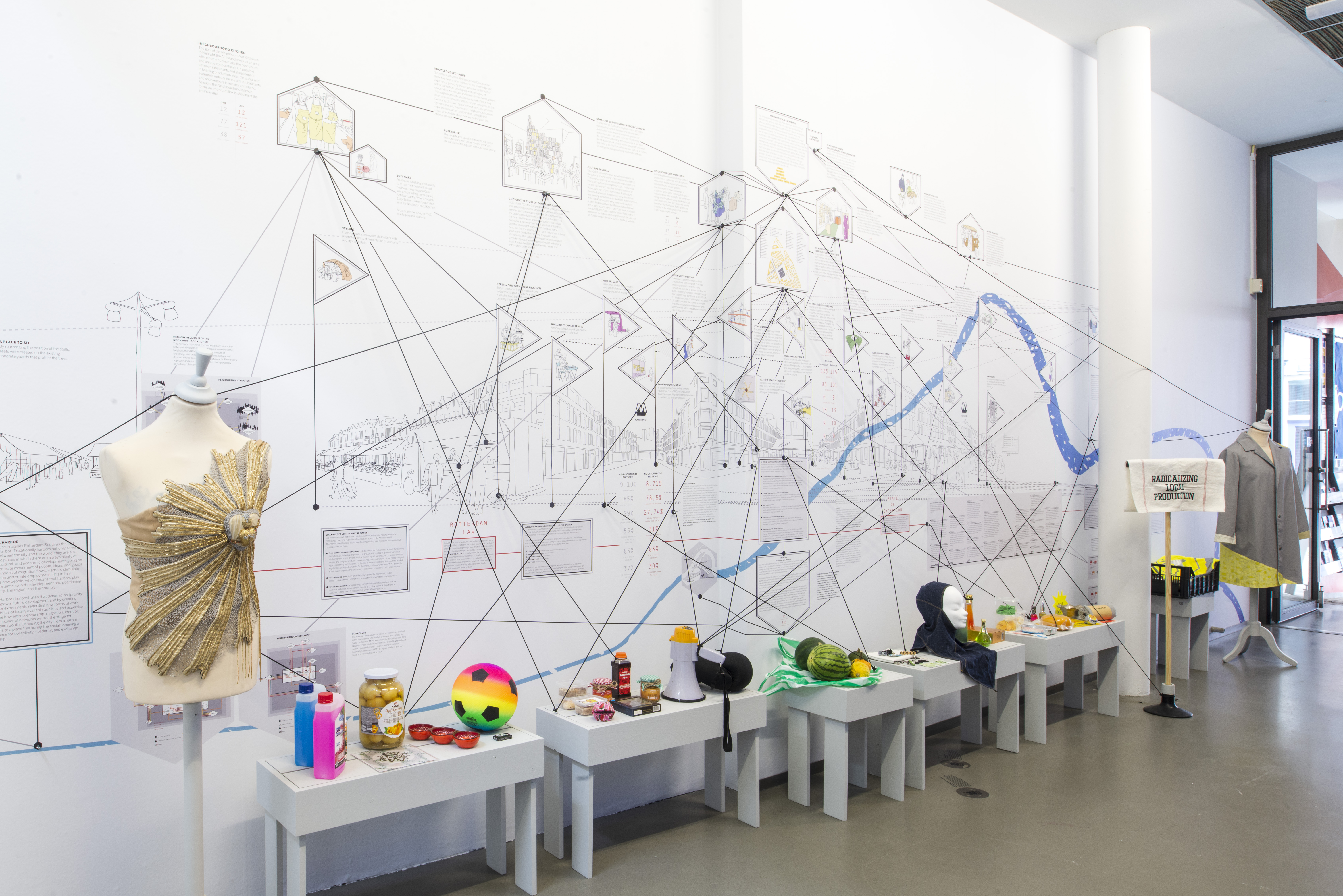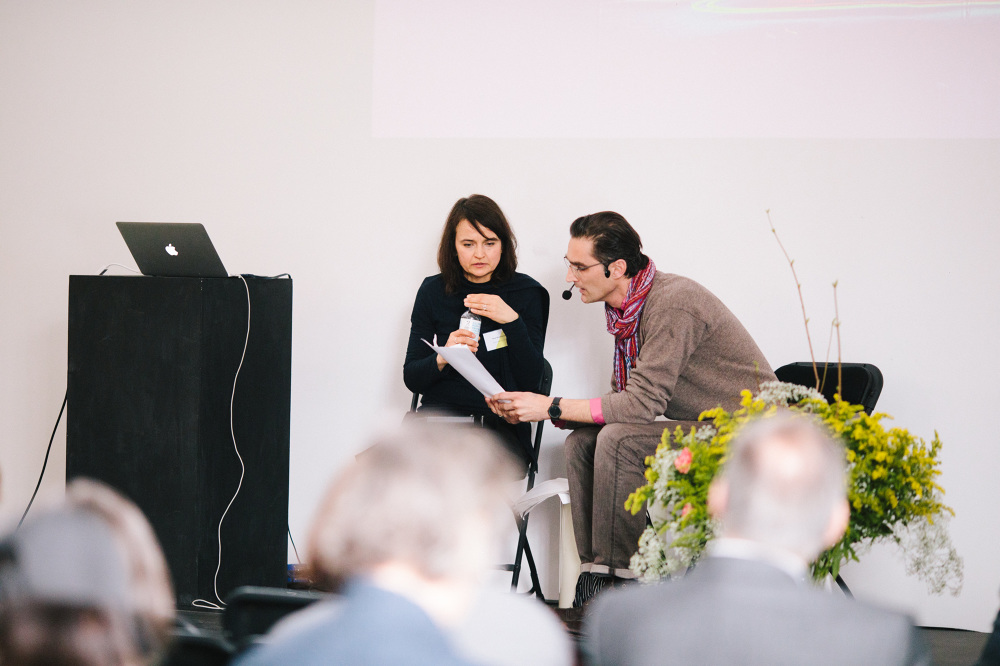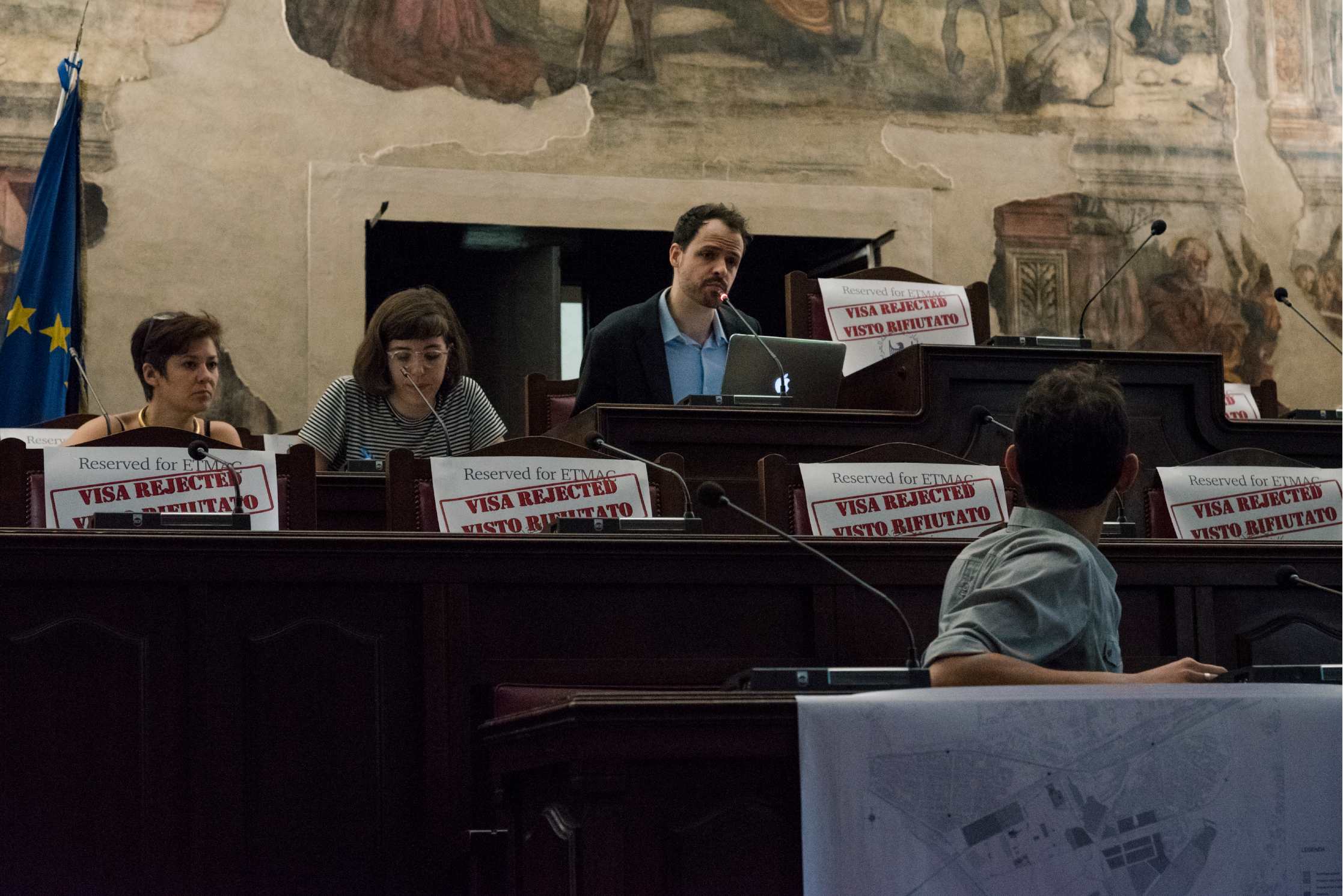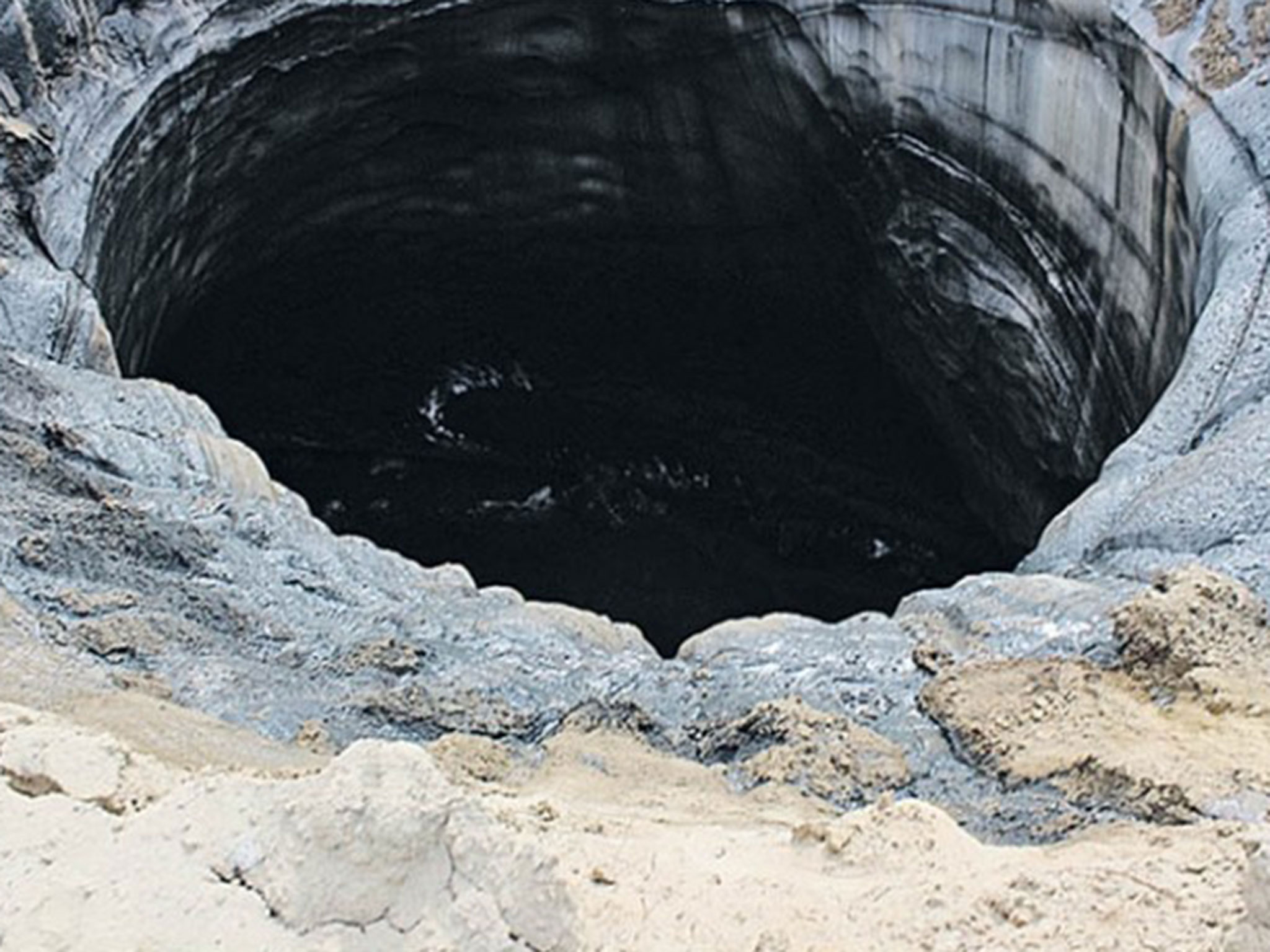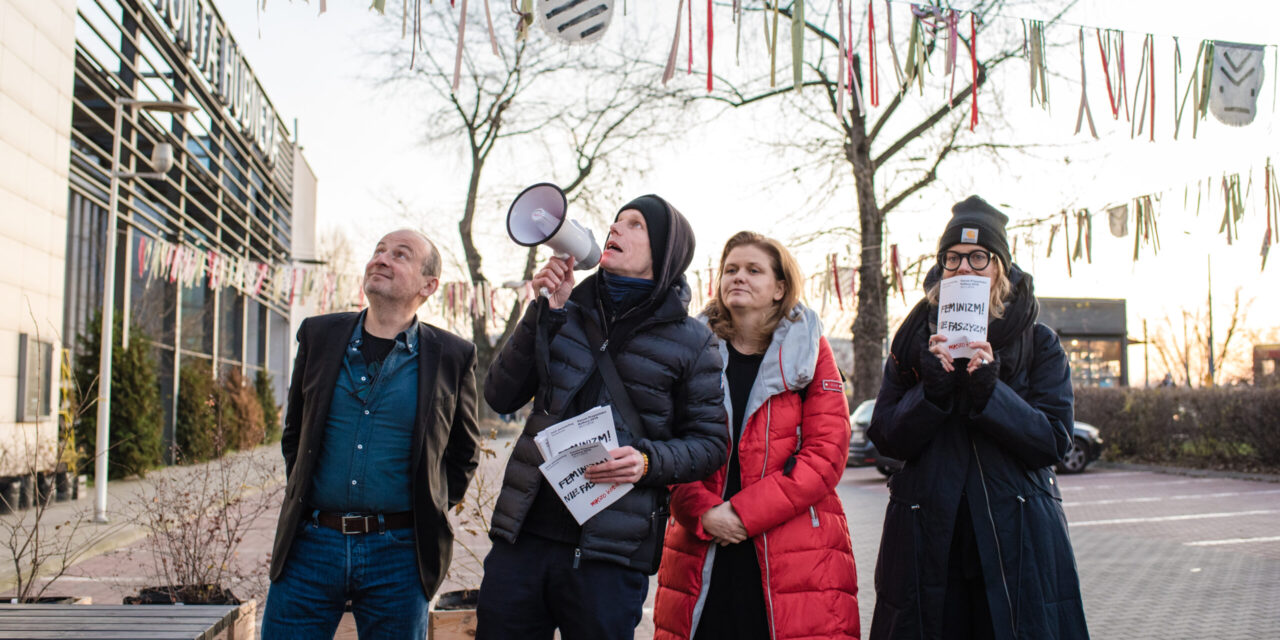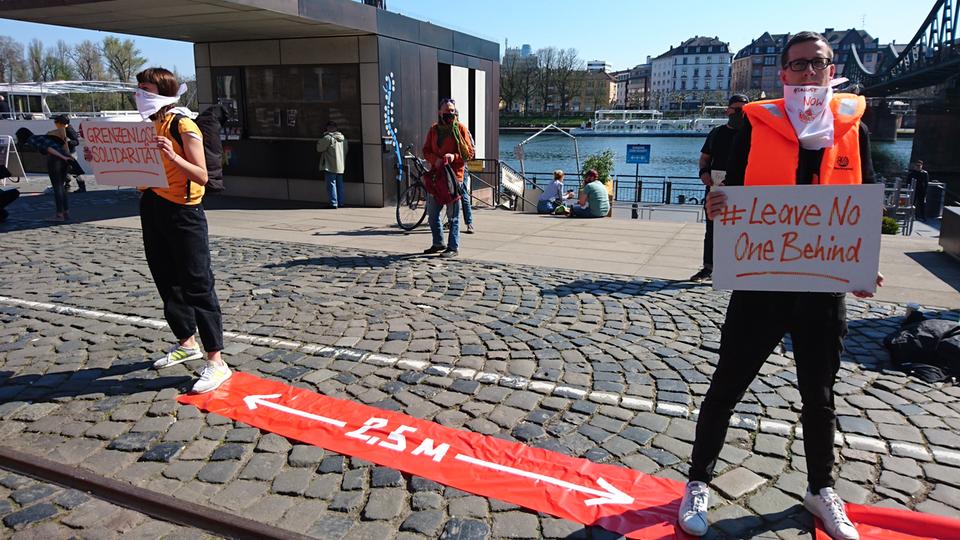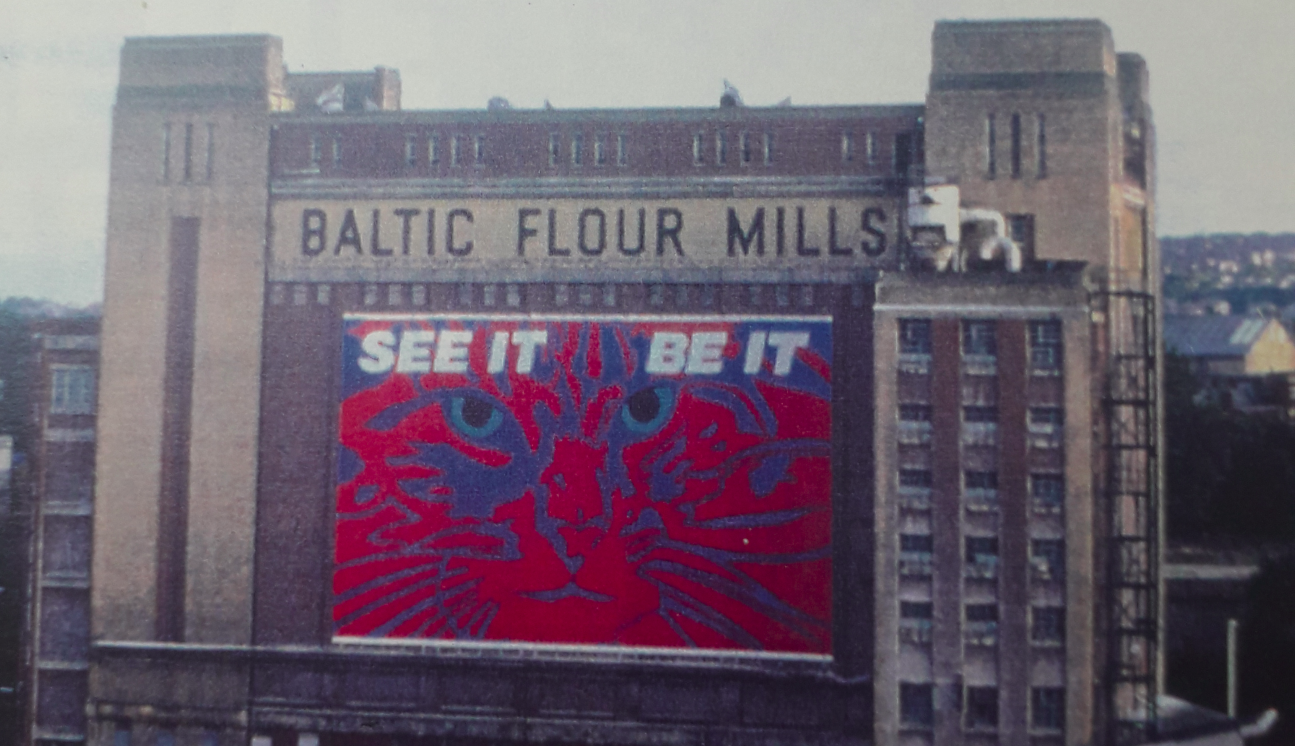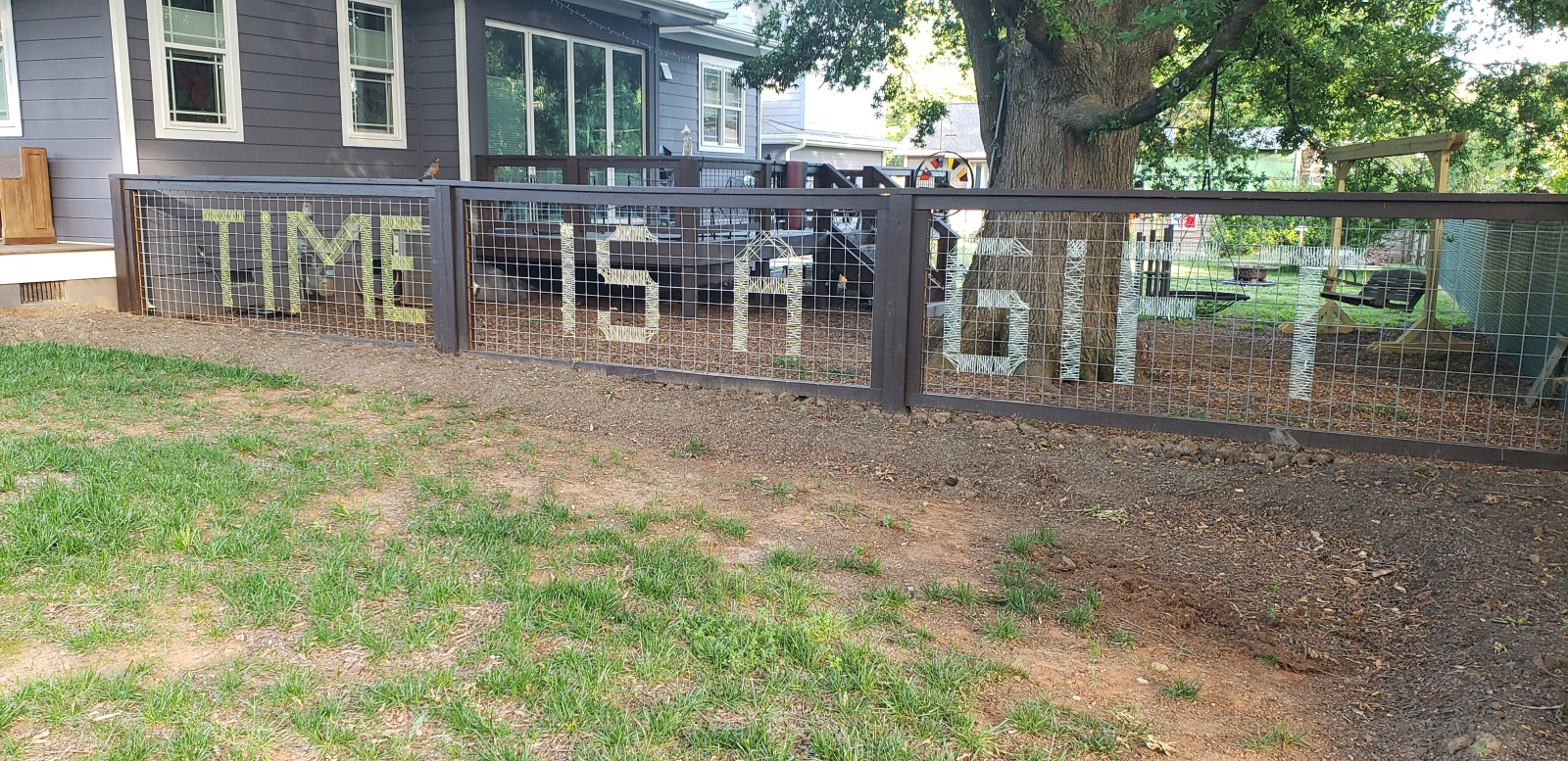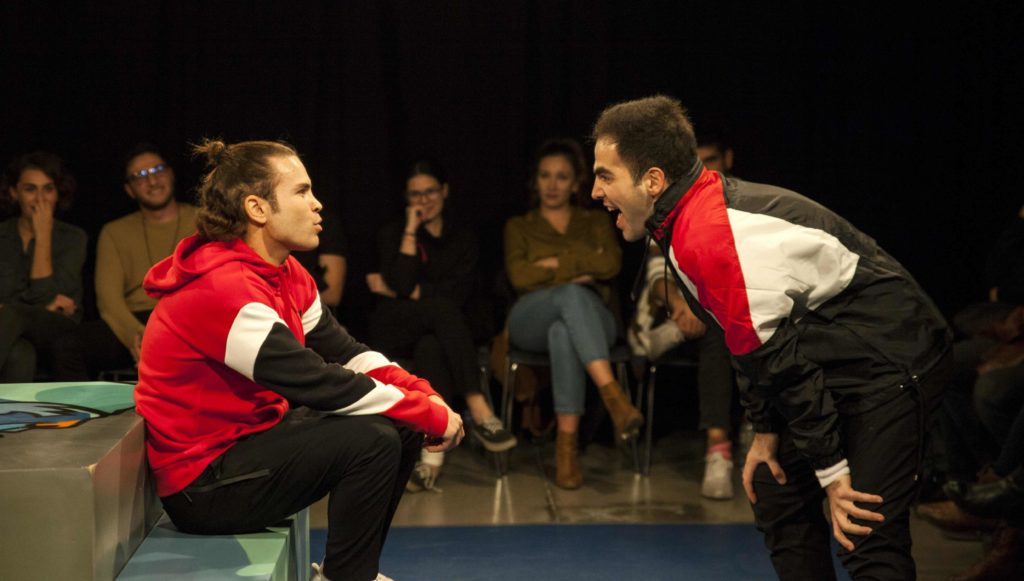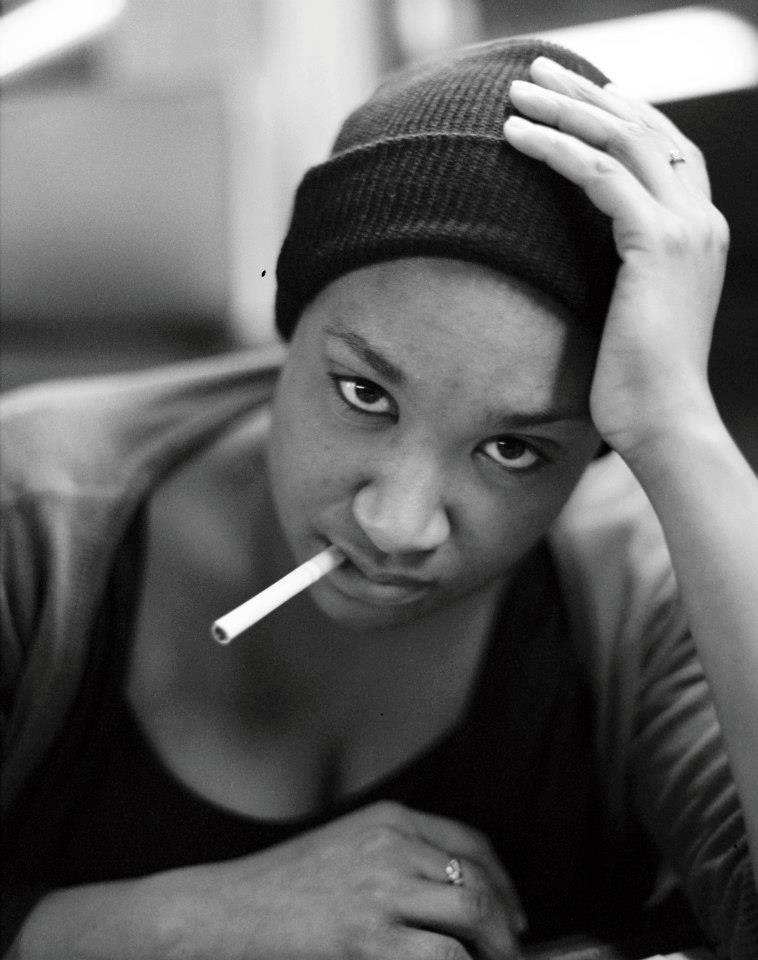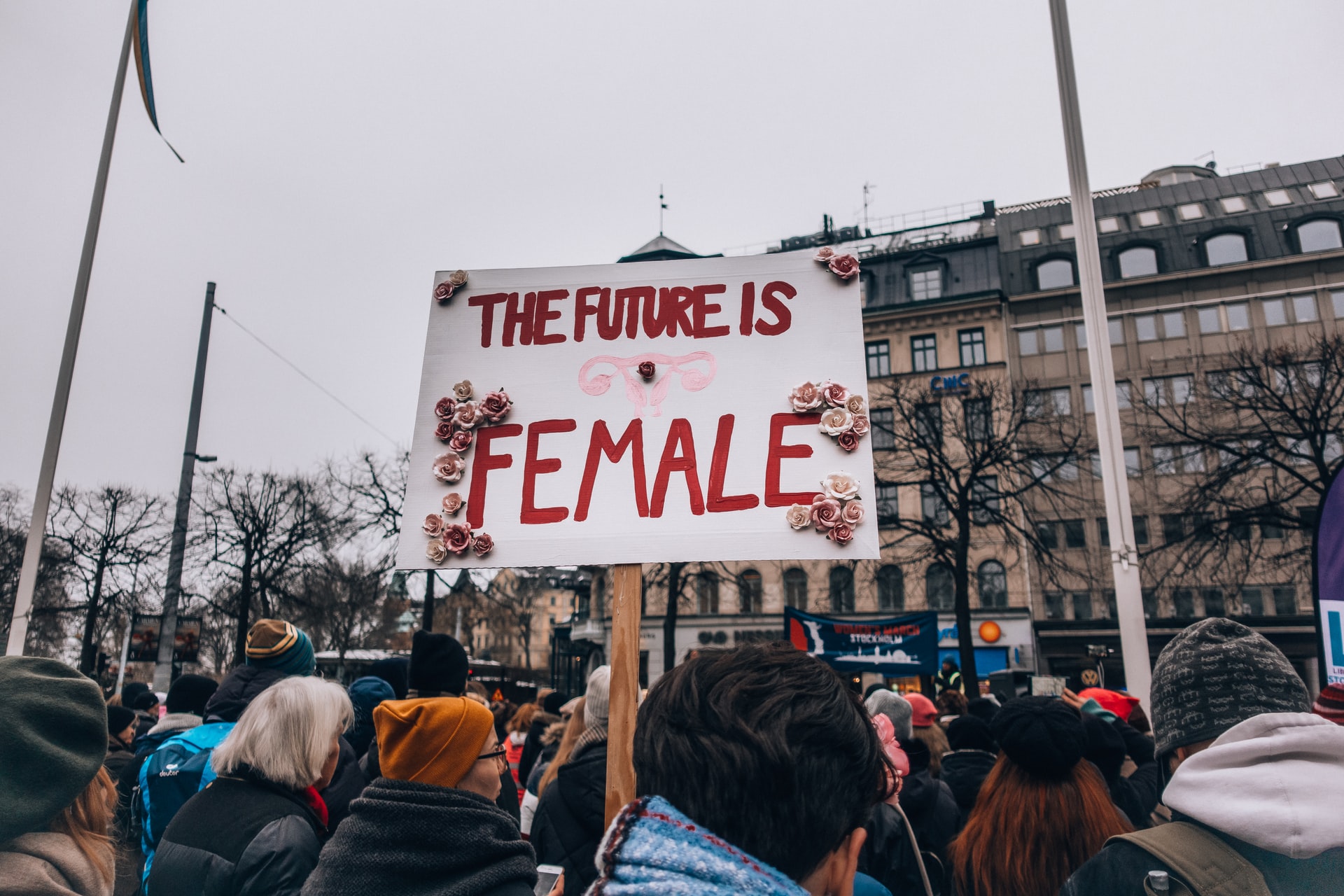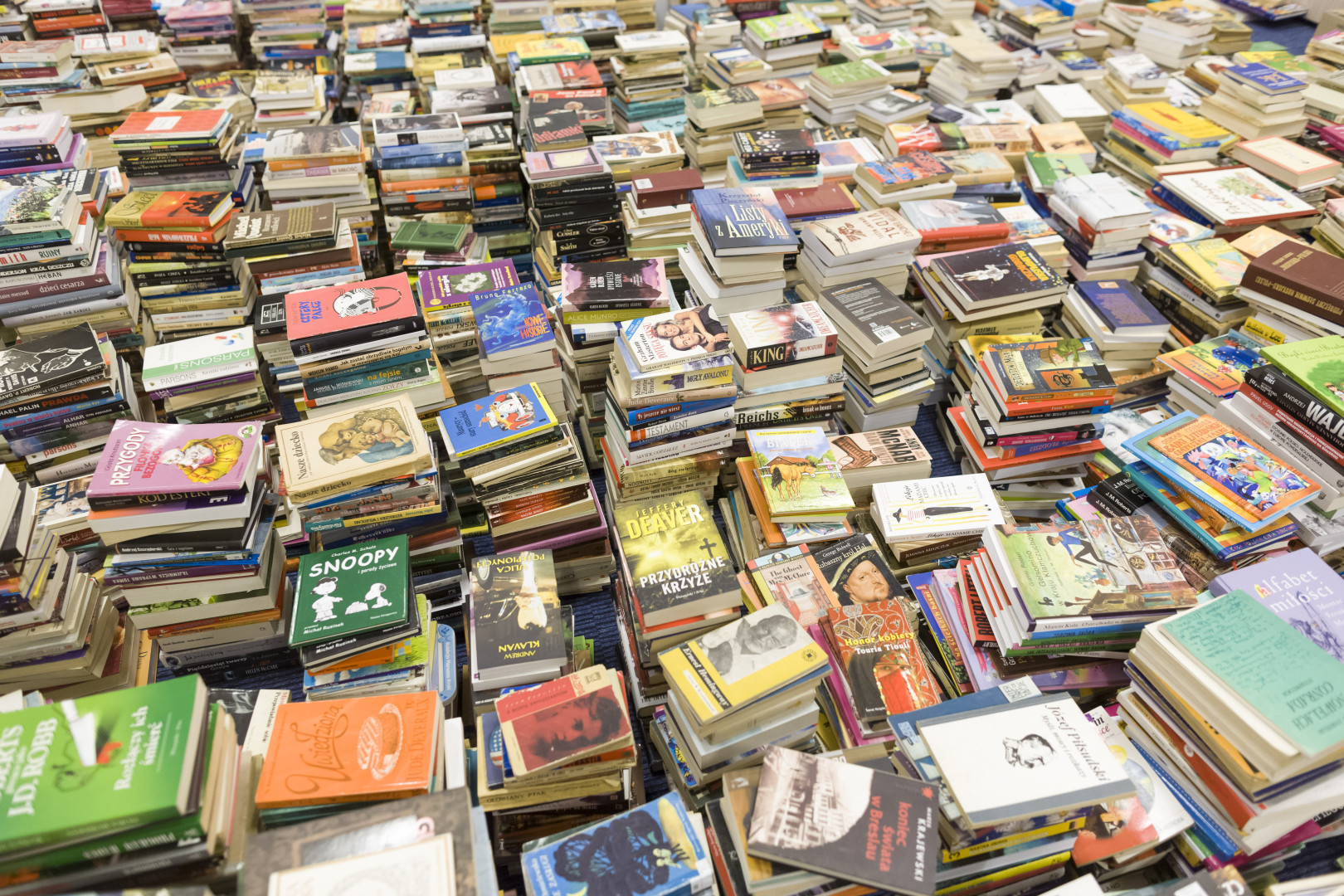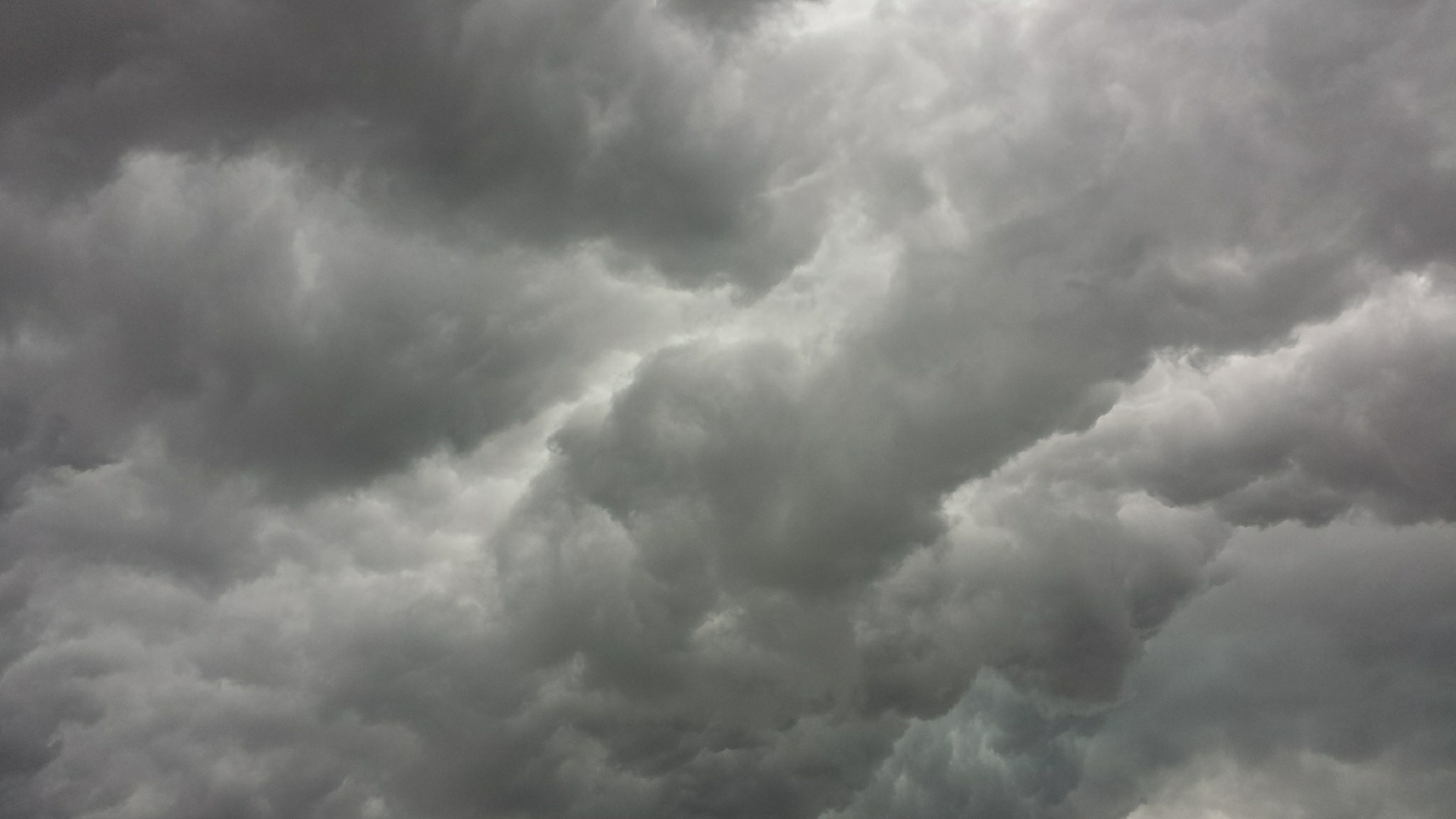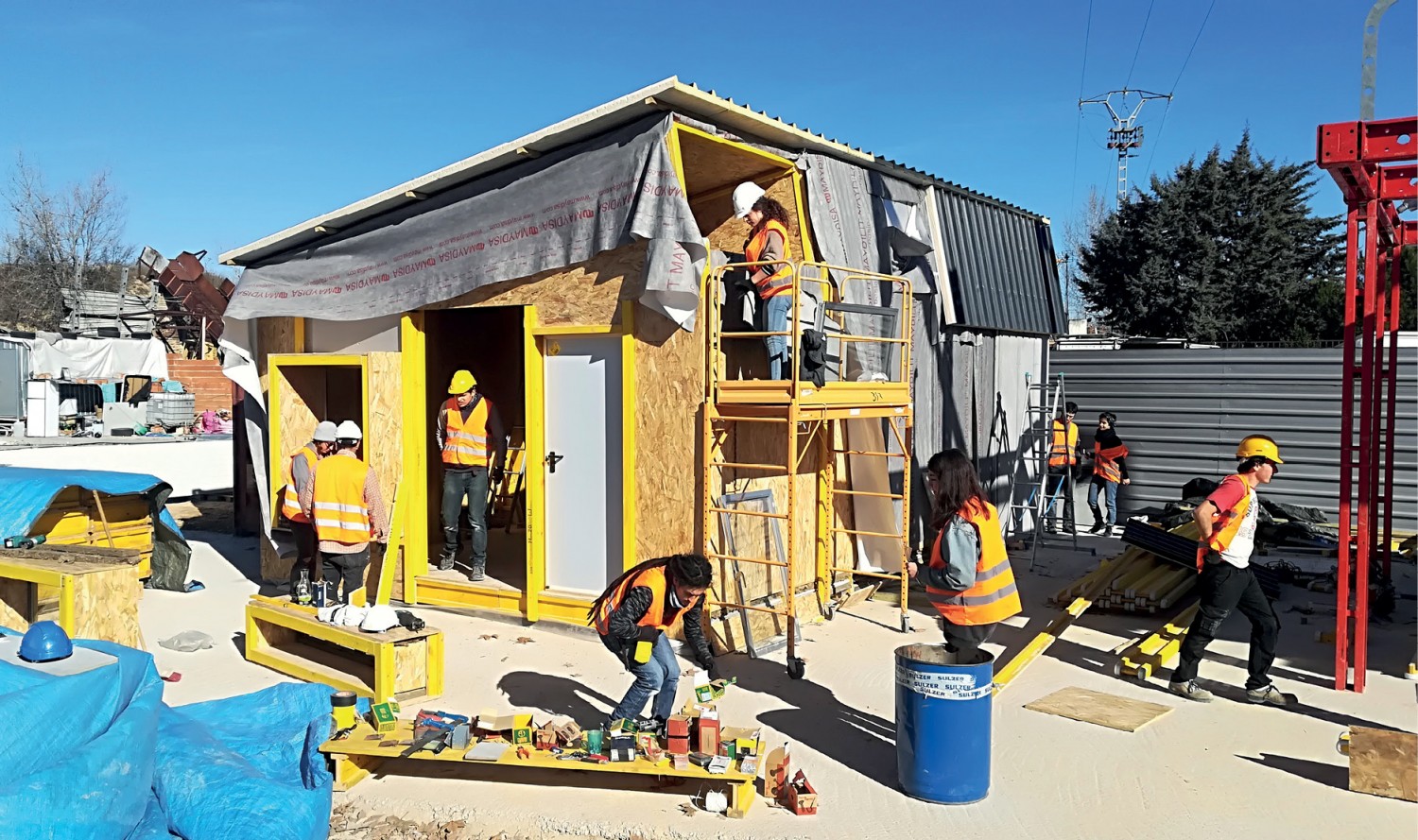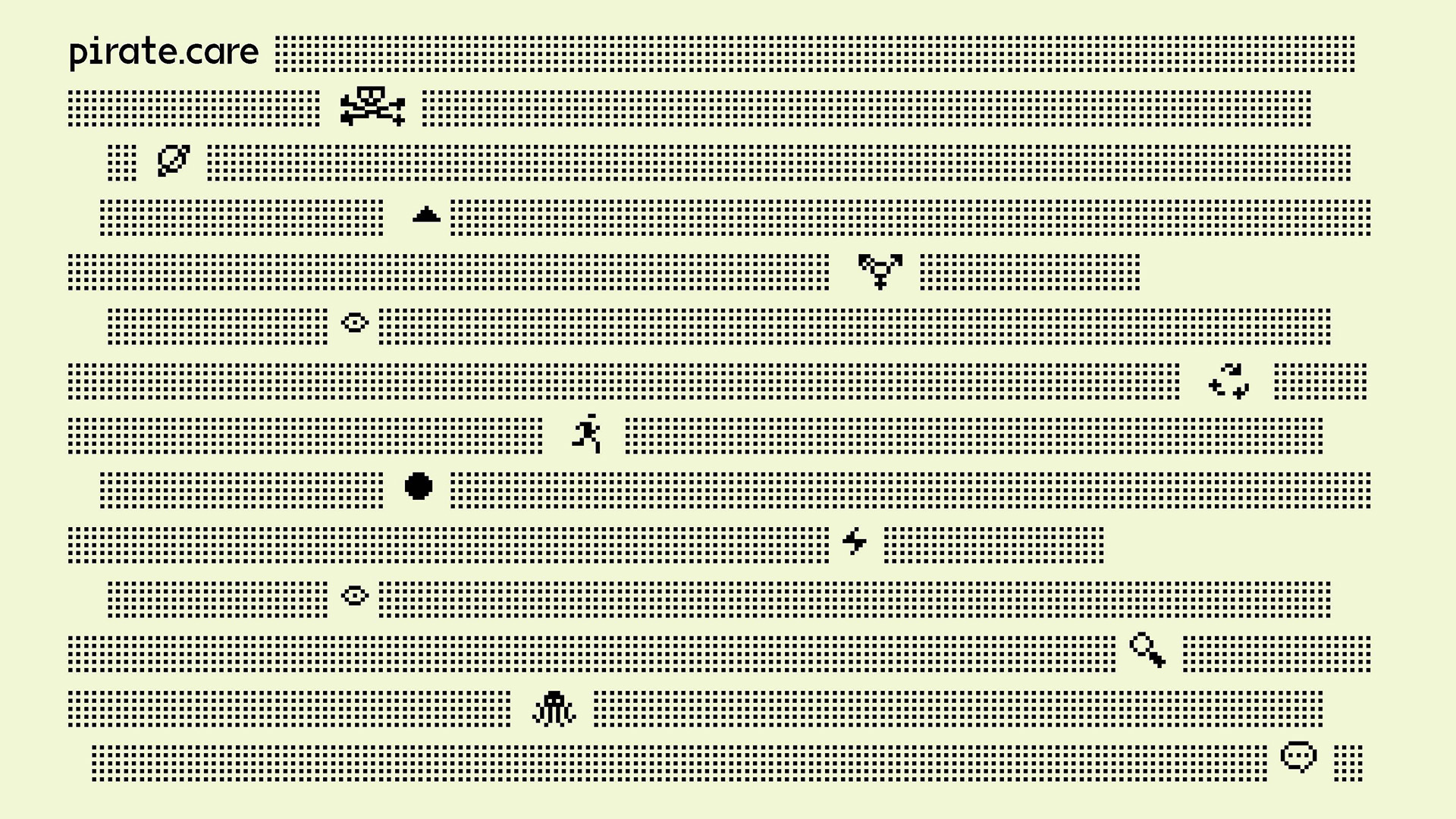
A Short History of Unnoticed Notifications
Gathered around the storyboard of a comic book describing an Eastern European art worker, an uncanny, quirky cast of characters find themselves in a heated political debate. Revealing layer upon layer of unanswered questions, forgotten convictions, eternal doubts, ethical inconsistencies and abandoned dreams, Milikić depicts a world in which art workers navigate between cynicism and ideals. With strength, conviction and lots of humour, he advocates for keeping one’s course in the murky waters of compromise and concessions.
